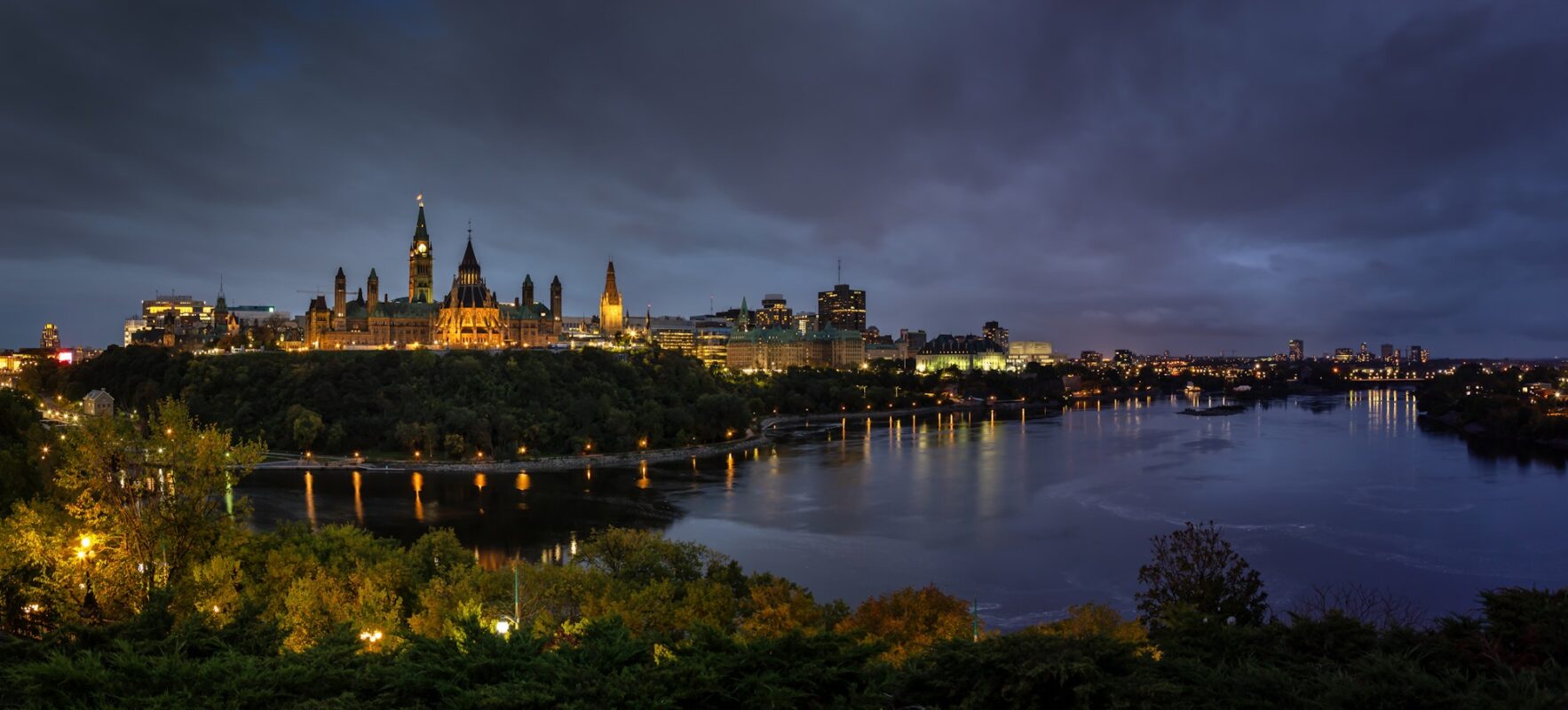
After a summer of reworking its Spring proposals, on October 3, 2016 the City tabled its revised recommendations. The slides used by staff at the October 18 Environment Committee meeting are here.
Earlier, the City issued a What We Heard report about the Spring consultations. Find it here (1 MB).
Following the Environment Committee meeting, the Clerk’s Office made a 74-page file available containing submissions from 50 citizens, redacted for personal contact information. In addition we received the slide deck used by Ken Holmes at the meeting. As were most of the live interventions, the large majority of submissions was from rural residents. Some include responses from Councillors. Especially informative are the submissions from Klaus Beltzner (President of the Manotick Village Community Association – p6), Al Crosby (pp14-19), David Mallalieu (pp41-43), John Dickie (Chair, Eastern Ontario Landlord Association), a detailed critique from Doug Poulter (pp70-72) and this reply from Councillor El-Chantiri to a constituent (p34):
Stormwater management maintains the safe transportation of rain and meltwater across Ottawa. Ottawa’s stormwater infrastructure is much greater than the ditches in front of houses. It includes thousands of kilometres of roadside ditches and thousands of culverts to collect and manage stormwater throughout Ottawa. If you travel anywhere along the roads in Ottawa, you benefit from stormwater infrastructure. It protects roads, properties and local waterways from flooding and erosion. It services a vast network of rural culverts and ditches.
Prior to amalgamation, all residents contributed to stormwater management. Some paid for it through their general taxes, some through a specific stormwater rate and others as part of their sewer bill. At amalgamation, Council at the time shifted all stormwater costs to the water and sewer rate. This meant that some residents who used to pay for it no longer did and residents who had always been paying for it started paying more. For fifteen years, that is the system the City has been using.
Staff’s recommendations passed unanimously.
An op-ed was sent to media on October 22, making four points about Environment Committee’s decision. It was forwarded to all members of Council and published in the Ottawa Citizen of October 25, StittsvilleCentral.ca and UnpublishedOttawa.com.
At Council on October 26, in good old Watsonian fashion, the item was endorsed without discussion. Councillor Chernushenko was able to squeeze in a few words of thanks to Councillors and staff, acknowledging that the result is “not perfect” but “we’ll be monitoring this as we go on.”
Thus comes to an end Ottawa’s attempt to rationalize its water rate structure. A long way to go.
Erwin
UPDATE – February 2019
New chair of Environment Committee, Scott Moffatt, is looking for ways of keeping the stormwater fee for rural residents down, Jon Willing reports in the Ottawa Citizen. The fee is being phased in between 2017 and 2020 and would stand at $45 for a single-family home, up $4.40 from 2019. Another $13 would be added in 2020.
By the City’s long range financial plan, stormwater fees will increase by double digits annually through 2027.
At Environment Committee on February 19, a motion was passed to reduce the increase in the fee by 9.8% instead of 10.8%, thus saving the average urban homeowner $1 a year; rural homeowners would save $0.45. The stormwater services budget would lose $410,000, “money that would have gone mainly toward studies, staff said” (Ottawa Citizen).
